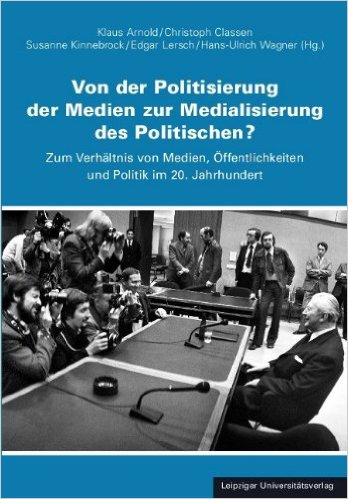This project examines the representation of societal and political conflicts in fictional movies and TV programmes in the Federal Republic of Germany and the United States between the 1950s and the 1990s. Both the transformation of collective ideas of order as well as the changing expectations towards politics and its efficiency will be of crucial importance. Fictional representations of political action not only offer an insight into political and cultural imaginations, but also significantly contribute to their realisation. A systematic study of this phenomenon from a historical perspective has not yet been carried out. The respective representations of politics will be analysed against the backdrop of tension between national-political and cultural traditions on the one hand, and cultural transfers, as well as supranational processes of mediatisation on the other hand. It examines the hypothesis that with respect to ideas of order and political images, these factors lead to complex, temporally overlapping mixtures and hybridisation. These are only insufficiently described with popular notions of a more or less linear process of Americanisation. Thus, the project positions itself within the context of research on democratisation processes in West Germany and aims at extending this by means of a cultural and historical perspective.
Publication:
Klaus Arnold, Christoph Classen, Susanne Kinnebrock, Edgar Lersch und Hans-Ulrich Wagner (Hg.)
Von der Politisierung der Medien zur Medialisierung des Politischen? Zum Verhältnis von Medien, Öffentlichkeiten und Politik im 20. Jahrhundert, Leipzig 2010.


